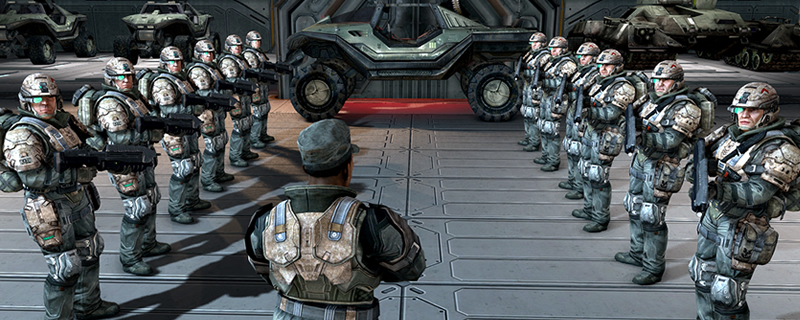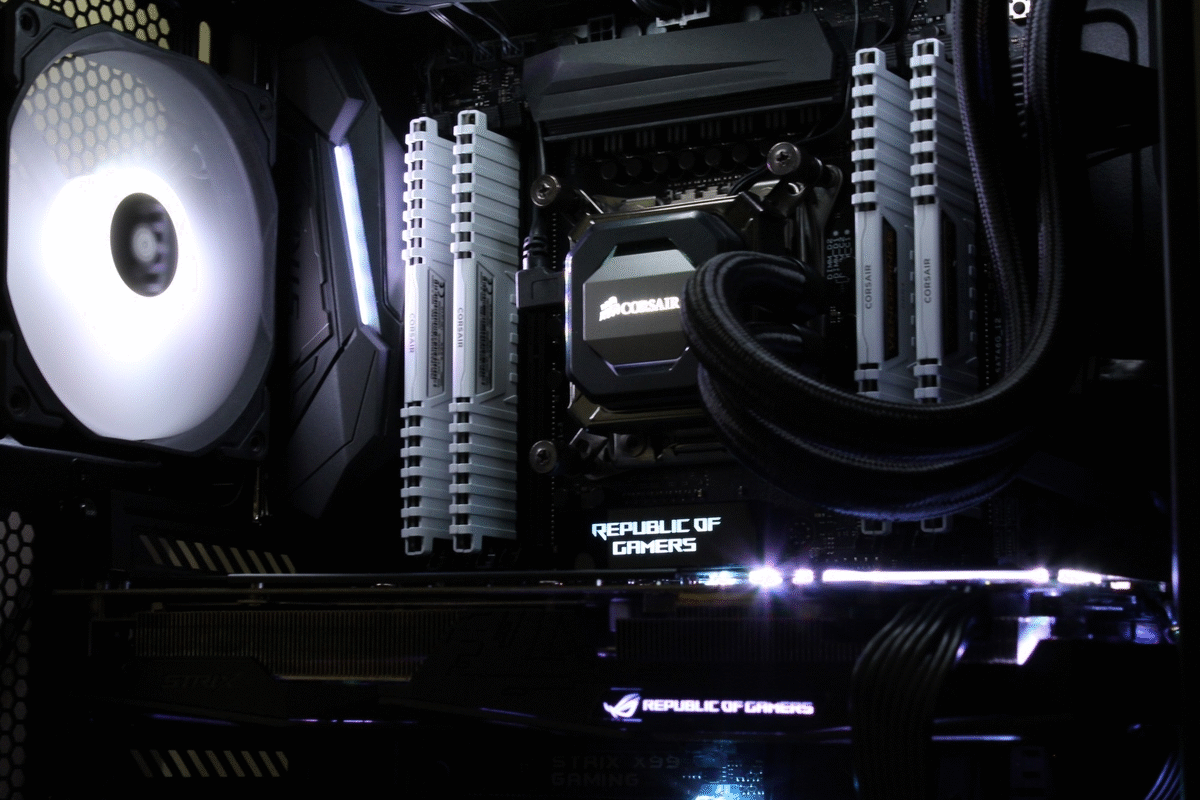Halo: Combat Evolved Anniversary PC Performance Review with AMD Ryzen APU Testing
Halo: Combat Evolved Anniversary PC Performance Review with AMD Ryzen APU TestingÂ
Halo started as a franchise that spanned both PC and console platforms, but that changed with the release of Halo 3 on the Xbox 360. To many PC gamers, Microsoft has betrayed the platform, but recent years have shown us that Microsoft has changed since the 360 Era.Â
Now, Microsoft is fully behind the PC platform, bringing all of their new games to Xbox and PC on day-1 while investing heavily into the future of PC gaming through technologies like DXR and DirectML.Â
Microsoft’s perception amongst PC gamers is changing, and part of that is thanks to the efforts of team Xbox to address past wrongs. Could the PC version of the Master Chief Collection be seen as anything other than a “We’re Sorry” note for PC gamers? Now, these Xbox Classics are becoming available on PC with enhanced features and full support for mouse/keyboard controls, and we can’t be happier.Â
Halo: Combat Evolved Anniversary has now arrived on PC, bringing with it multiplayer support, support for 4K resolutions 60 FPS framerates and ultrawide screen resolutions. In this article we will be looking at the PC version of Halo: Combat Evolved Anniversary to see what kind of hardware is needed to run the game and how well the game holds up on modern PCs. Let’s get started.Â
 Â
Contents
– Classic VS Anniversary graphics and FOV adjustment
– Performance, Original and Enhanced – What does each presets look like?
– Halo: Reach on Integrated Graphics – AMD Ryzen 2200G, 2400G and 3400G testing
– Performance Scaling – Performance, Original and Enhanced
– 1080p, 1440p and 4K Performance
– Conclusion
GPU drivers
When testing Halo: Combat Evolved Anniversary’s PC version, we opted to use the newest drivers from both the Radeon and Geforce camps. These drivers are AMD’s Radeon Software Adrenalin Edition 20.2.1 driver as well as Nvidia’s Geforce 445.50 driver.
Testing Methodology
OC3D is a website that is dedicated to PC hardware, so you better believe that we test every game on a wide range of hardware configurations. This commitment to variety means that we will be using both Intel and AMD based testbeds as well as a range of GPU offerings from both Nvidia and Radeon.Â
Our primary test system uses Intel’s X99 platform, containing an Intel Core i7 6850K at a fixed clock speed of 4GHz. This testbed will use 32GB of Corsair Vengeance DDR4 memory and will be powered and cooled by an HX1200i PSU and an H110i AIO liquid cooler respectively, with everything sitting inside a Corsair 460X chassis. In this system, we are using an ASUS Strix X99 motherboard.
The system below will be used to conduct the majority of our game testing. This system will be used in this review unless otherwise stated.
Â
Game Test Rig
Intel i7 6850K @4.0 GHz
ASUS X99 Strix
Corsair Vengeance LP 4x8GB DDR4 3200MHz
Corsair HX1200i
Corsair H110i GT
Windows 10 x64 “May 2019” Update
Â
GPU Selection
No gaming test suite would be complete without a large selection of GPUs. At OC3D out current test suite covers Nvidia’s RTX 20-series and GTX 10-series alongside AMD’s RX Vega and RX 500 series graphics cards.
Starting with Metro Exodus, we began testing new PC games with Nvidia’s latest RTX series of graphics cards. In our testing, we currently use the mid-range RTX 2060 and uber high-end RTX 2080 Ti entering our graphics card lineup. In time we hope to have a Radeon RX 5700 graphics card for RTX 2060 VS RX 5700 comparisons.Â
Radeon RX 5700 Series – Navi (RDNA)
– Powercolor Radeon RX 5700 Red Devil
Geforce RTX 20/GTX 16-Series
– Nvidia RTX 2080 Ti Founders Edition
– Nvidia RTX 2060 Founders Edition
– Palit GTX 1660 Super StormX
Geforce GTX 10-series
– ASUS GTX 1060 Strix Gaming OC
Â
AMD RX 500 Series
– AMD RX 580 Strix OCÂ Â






